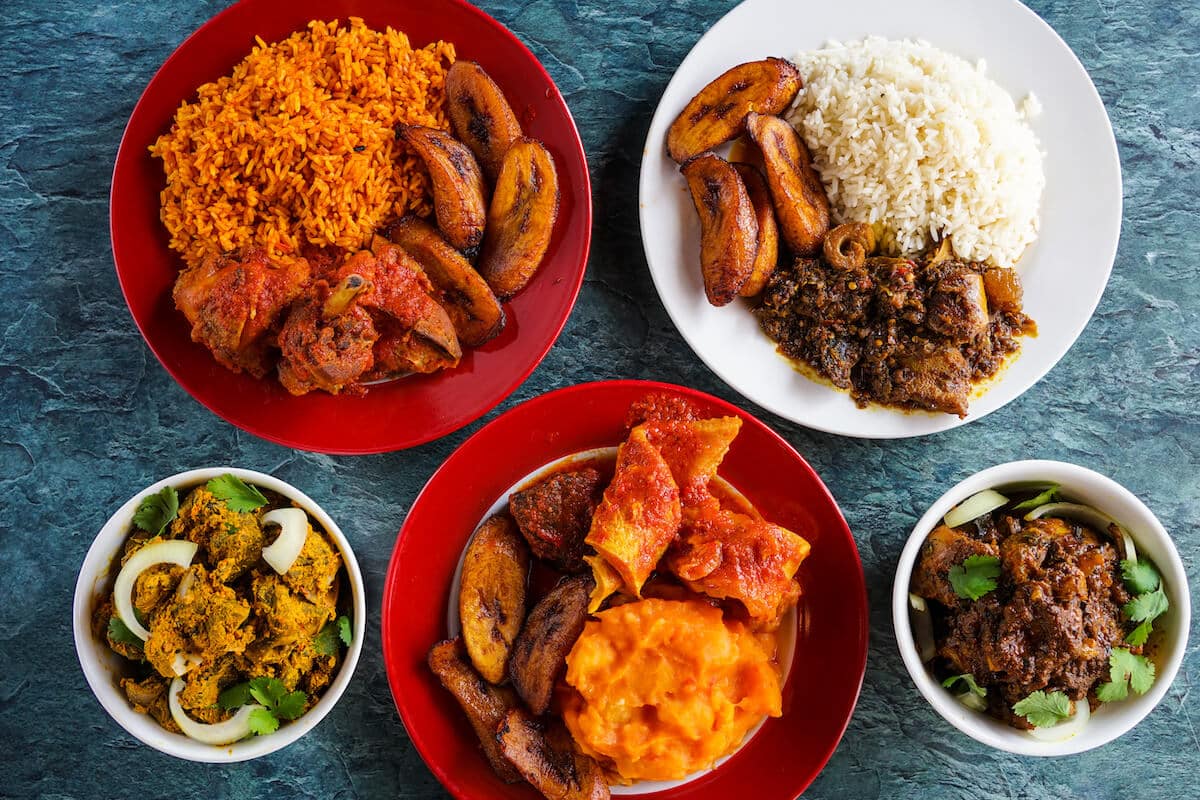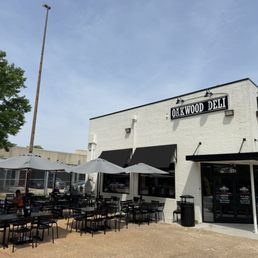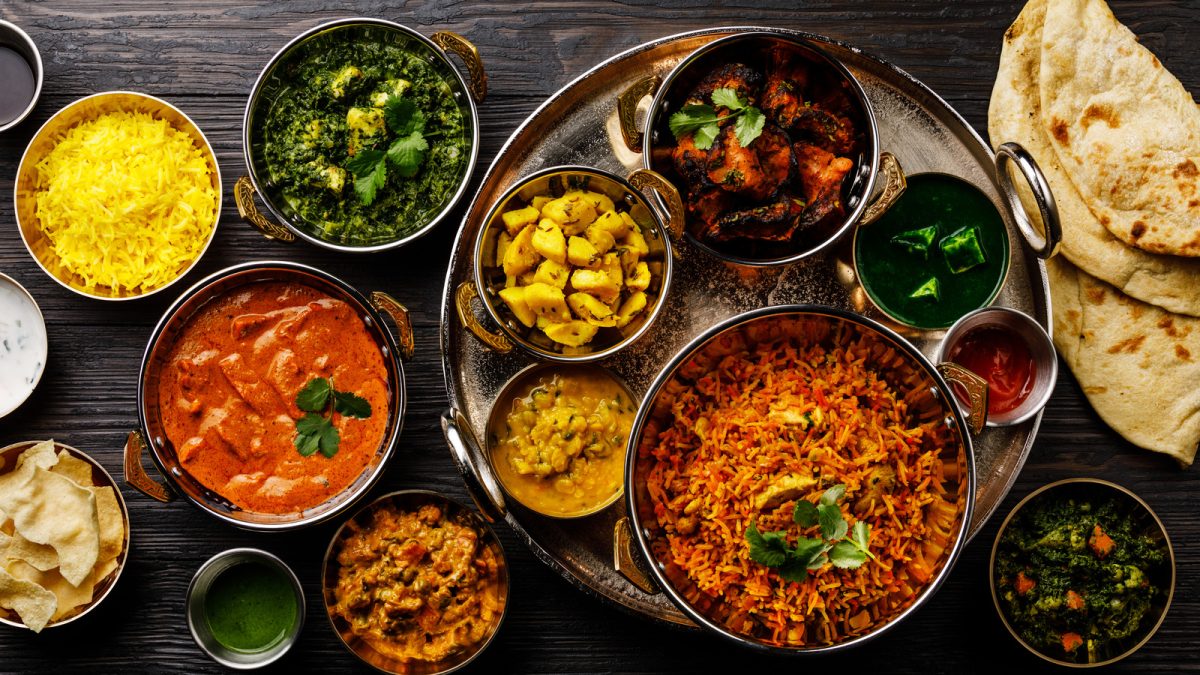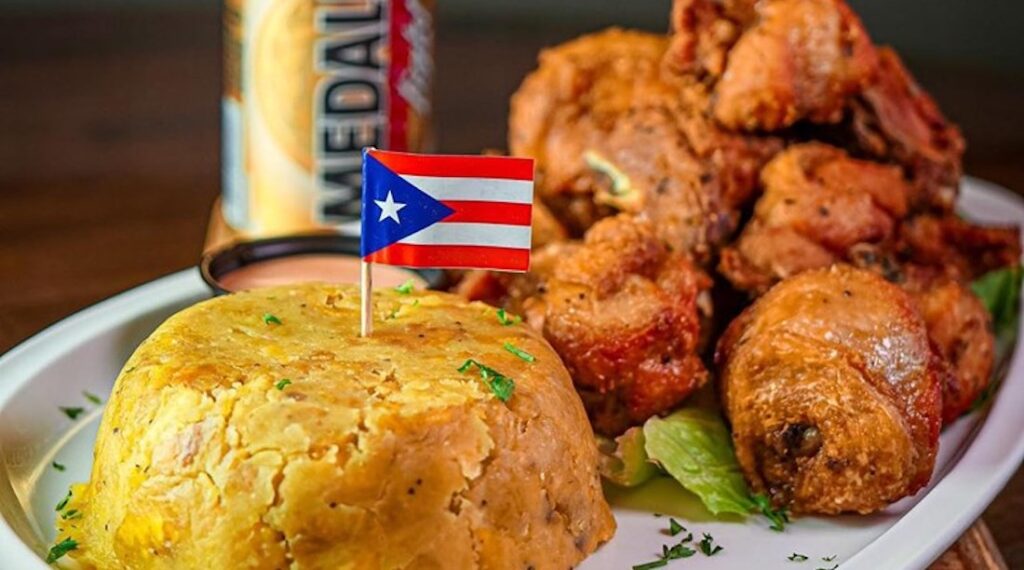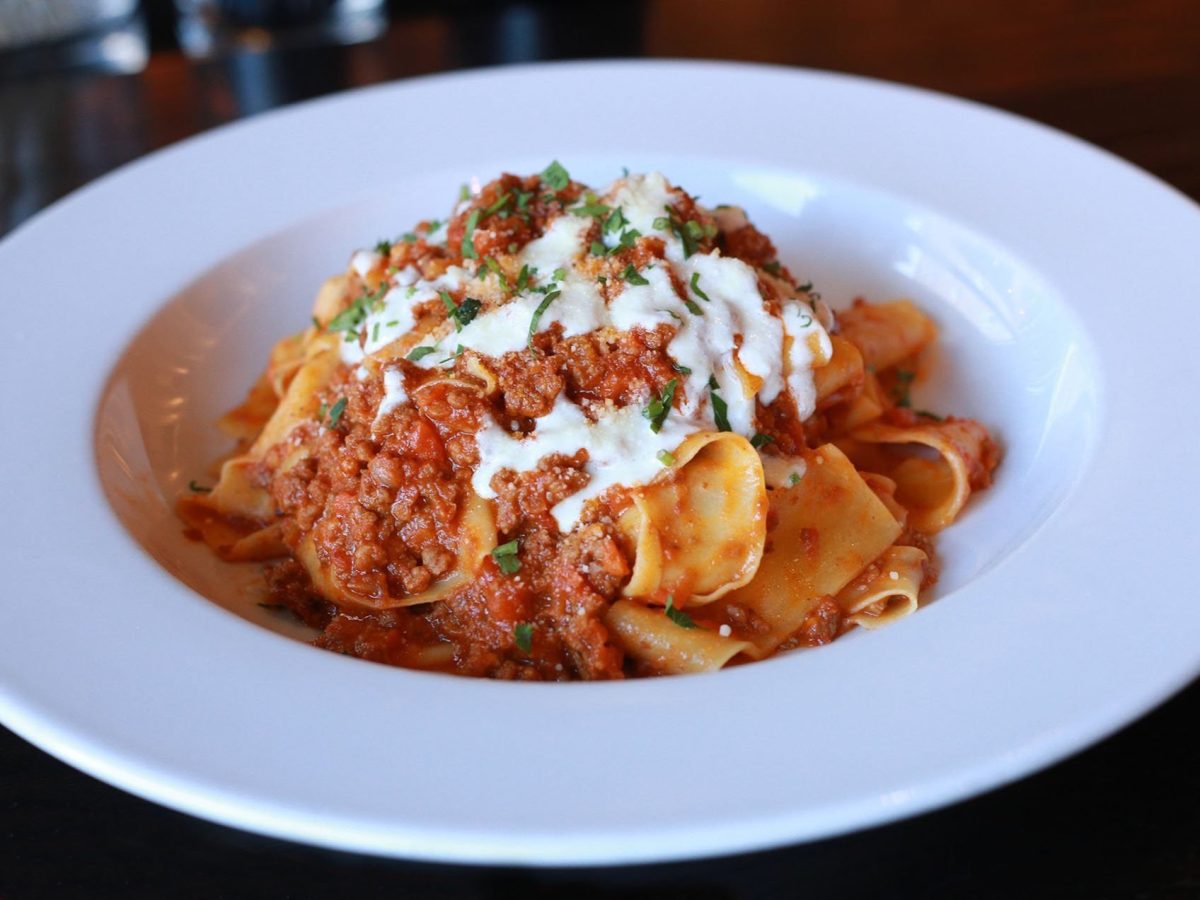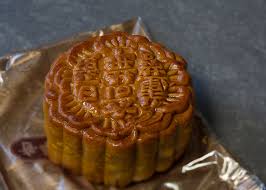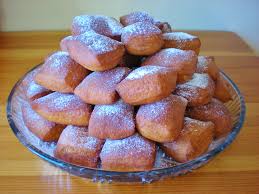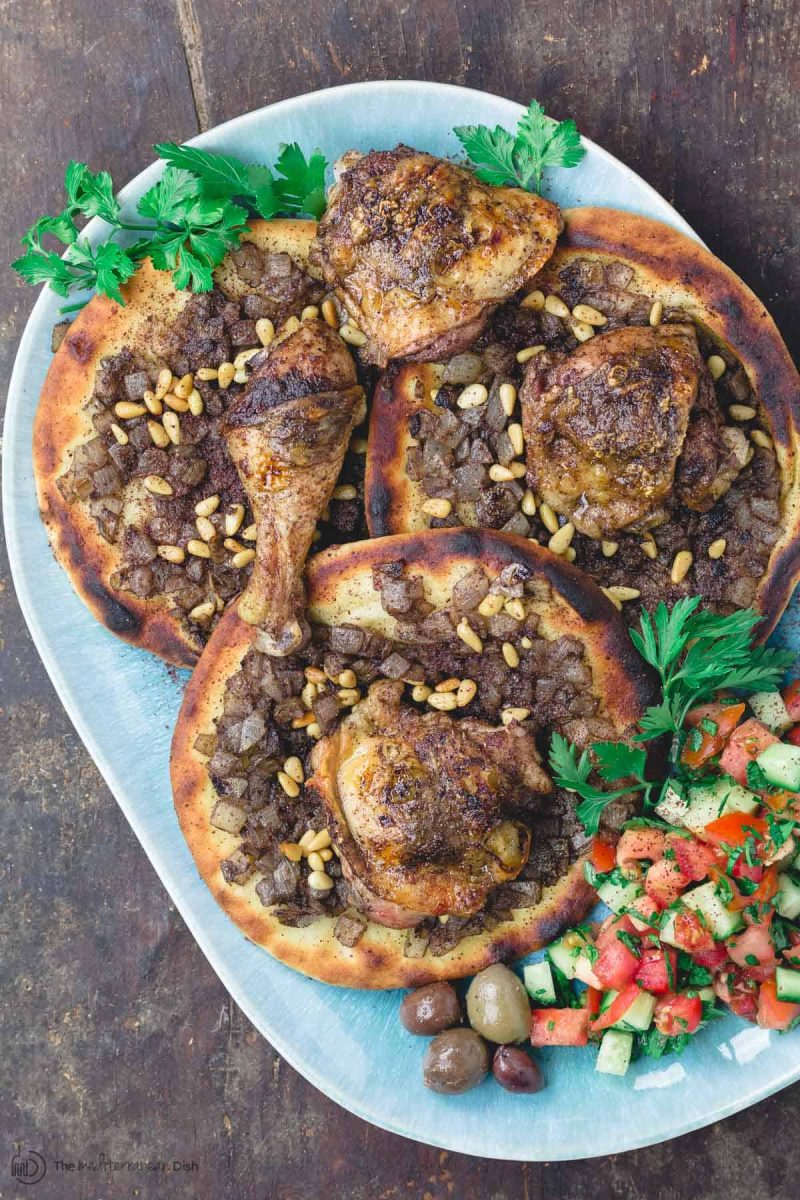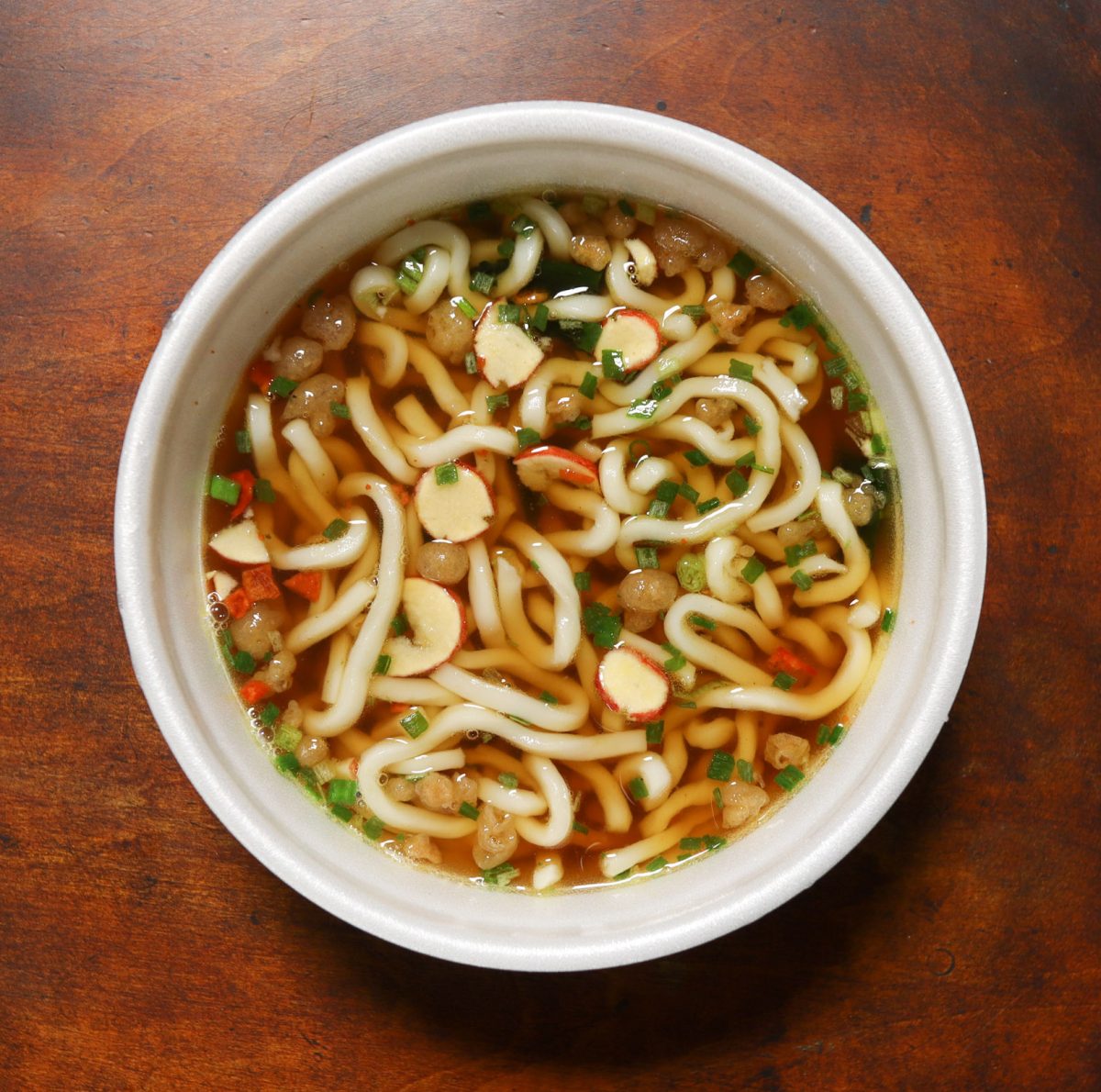Nigeria is one of the most recognizable West African countries, known for its vibrant culture, beautiful landmarks, natural resources, and importantly, its food. Nigerian cuisine is full of rich flavor and powerful spices. Traditional dishes incorporate ingredients such as plantains, palm oil, cassava, rice, beans, and more. Additionally, Nigerians tend to use all parts of animals for meats like beef, goat, lamb, chicken and turkey, making sure nothing goes to waste.
The country’s national dish is Jollof rice, which is a rice cooked in tomato and broth filled with bell peppers, habaneros, curry, thyme, and bay leaves, giving it a distinct flavor. It’s typically served with chicken and fried plantains. Nigeria Kitchen, located in Wake Forest, serves this staple among many others. Their website states, “Whether you want to enjoy pre-made Nigerian food at your desk in the office, or at home or serve Nigerian cuisine at your catering events, Nigeria kitchen LLC has you covered.”
Stews and soups are a huge part of Nigerian cuisine. Some of the most popular are egusi soup, pepper soup, afrang soup, banga soup, ewedu soup, beef and tomato stew, and efo-riro. Many of these rely on native ingredients, some being uziza and egusi seeds, jute leaves, palm nuts, and ata rodo (which are a type of pepper). Often, these are paired with fufu, which is a starch ball made from various plants, or eba, which is made with cassava flour called garri. You collect the stew using the starch ball. Dried fish and crayfish are commonly added to many soups. If you would like to pair fufu with a flavorful soup, you can visit Elle Et Moi Cuisine in Durham and try their Spicy Pepper Goat Soup.
Another great Nigerian restaurant located in Raleigh is Chop Naija Kitchen, with menu highlights like steamed okra immersed in their Afrobeats sauce, ogbonor soup, and goat meat pepper soup. Hady’s Restaurant International Cuisine, a very popular spot located in Downtown Raleigh, serves all types of African cuisine but includes many Nigerian specialties such as beef suya, various types of jollof rice, and egusi soup.
Millbrook senior Michael Salim shared, “I think what makes Nigerian cuisine unique is how diverse it is. Everyone knows about jollof rice and fufu, but we also have other amazing dishes. For example puff puff and agege bread, two types of pastries. We also have vegetable rice, which is similar to fried rice.”
If you haven’t tried Nigerian food and are looking for a satisfying burst of flavor, make sure to check out local Nigerian-owned restaurants around the Triangle.


